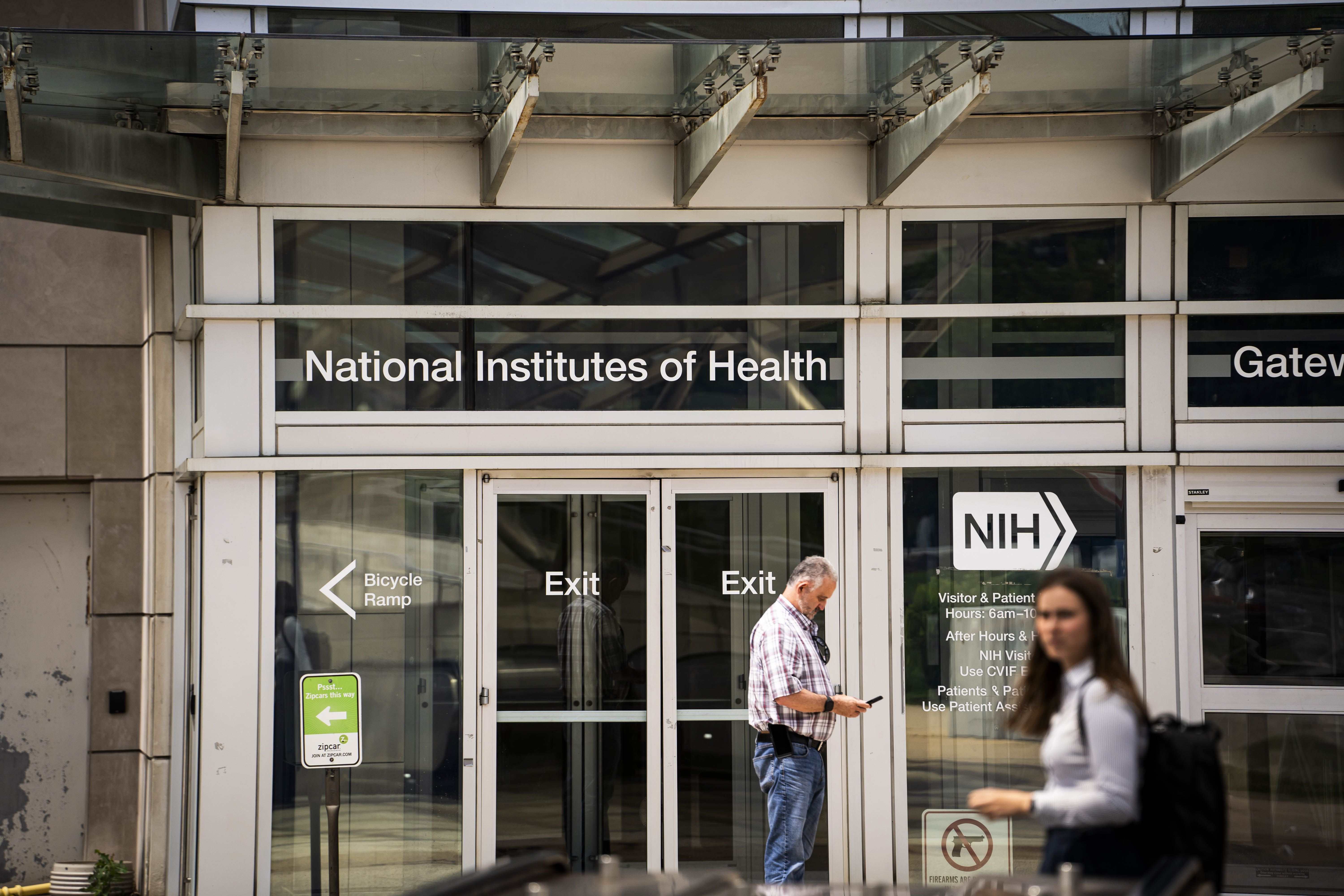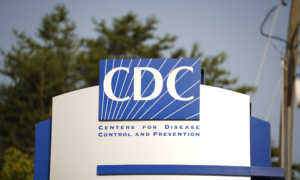A researcher specializing in studying ultra-processed food has retired early from the National Institutes of Health (NIH) over what he described as censorship by superiors.
Kevin Hall said on the social media platform X on April 16 that “recent events have made me question whether NIH continues to be a place where I can freely conduct unbiased science.”
“Specifically, I experienced censorship in the reporting of our research because of agency concerns that it did not appear to fully support preconceived narratives of my agency’s leadership about ultra-processed food addiction,” he said.
Hall did not respond to a request from The Epoch Times for more information.
During appearances on cable news, he said the first incident was the denial of his request to speak to a scientific conference about ultra-processed food research.
Hall said he and various university scientists had been working on a review about ultra-processed foods that was flagged during the NIH approval process for having a section about health equity, or ultra-processed foods “being targeted to underprivileged communities.” Officials told him that in order to comply with President Donald Trump’s executive orders eliminating diversity, equity, and inclusion initiatives across the government, that part would have to be edited, or he would have to remove himself as a co-author of the paper.
“I didn’t write that section, and I wasn’t going to censor my colleague. And so I voluntarily removed myself as an author,” he said on MSNBC.
The third incident concerned a study in which Hall and other researchers recorded the effects of milkshakes on people’s brains, as part of an effort to determine whether ultra-processed foods hijack the brain’s reward system in a similar way to addictive drugs. He said the researchers found that milkshakes did not cause the spike in dopamine that drugs do.
“The main conclusion of our paper was, these foods might be addictive in many people, and we really need to understand that better, but it’s probably not working in the way that many of us thought it was working in the past,” he said.
When a reporter asked to interview Hall, the request was denied by government officials, and a planned press release was also rejected, according to Hall.
He said he ended up receiving permission to answer questions via email but saw that the agency edited his answers in a way that he said downplayed the study and the researchers’ conclusions.
The study was published on March 4 by Clinical and Translational Report.
Hall stated on social media platform X that he wrote recently to the leadership of the NIH, as well as Health Secretary Robert F. Kennedy Jr., who heads the Department of Health and Human Services (HHS), but did not receive any response.
“Without any reassurance there wouldn’t be continued censorship or meddling in our research, I felt compelled to accept early retirement to preserve health insurance for my family,” he said.
The NIH did not respond to a request for comment by publication time.
A spokesperson for HHS, the NIH’s parent agency, told media outlets in a statement that Hall was distorting facts.
“NIH scientists have, and will continue to, conduct interviews regarding their research through written responses or other means. We remain committed to promoting gold-standard research and advancing public health priorities,” the spokesperson said. “Any attempt to paint this as censorship is a deliberate distortion of the facts.”
Other NIH officials have left the agency, been fired, or been placed on leave in recent weeks, including Dr. Francis Collins, one of the NIH’s former directors.
Kennedy has frequently spoken out against ultra-processed foods. He said during one of his confirmation hearings that they “are the primary culprits” behind the spike in chronic diseases and obesity recorded in the United States in recent years.
“If confirmed, I will do everything in my power to put the health of America back on track,” he said at the time.
The position on ultra-processed foods drew support from both Sen. Bill Cassidy (R-La.) and Sen. Bernie Sanders (I-Vt.).
Hall said he had been hopeful when he saw the bipartisan support, and support from the health secretary, for limiting ultra-processed foods. He said he hopes to someday return to the government to lead research “that will continue to provide gold-standard science to make Americans healthy.”














